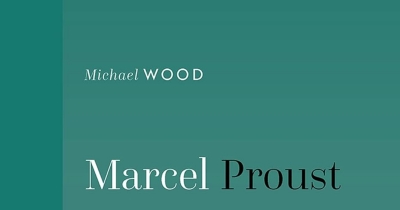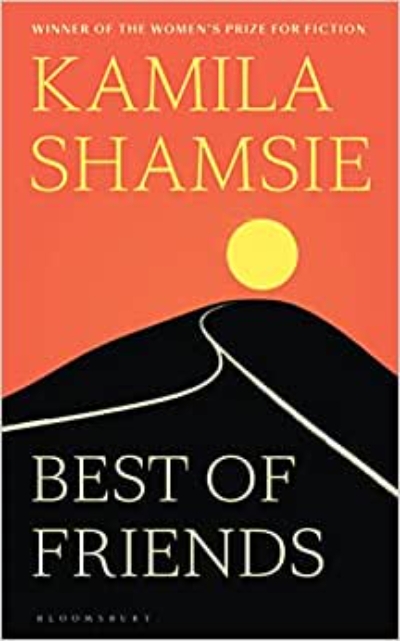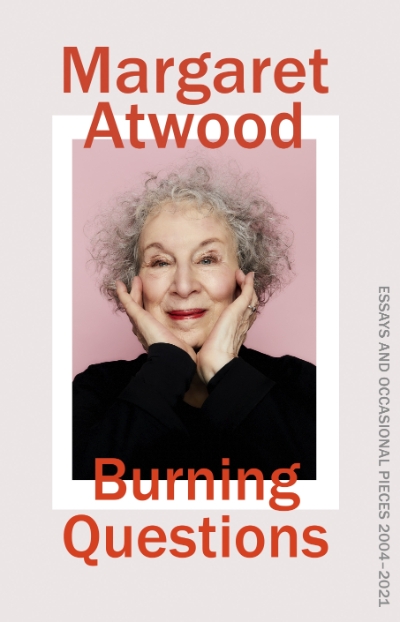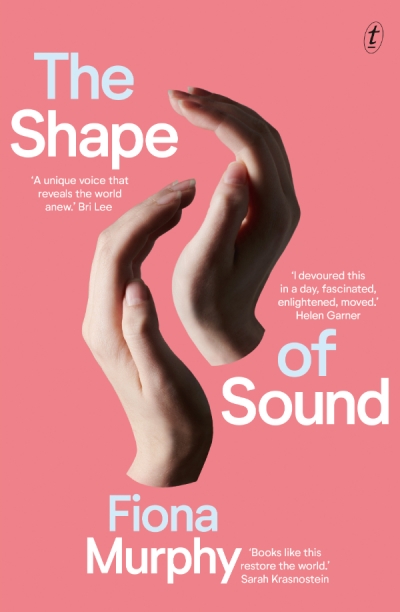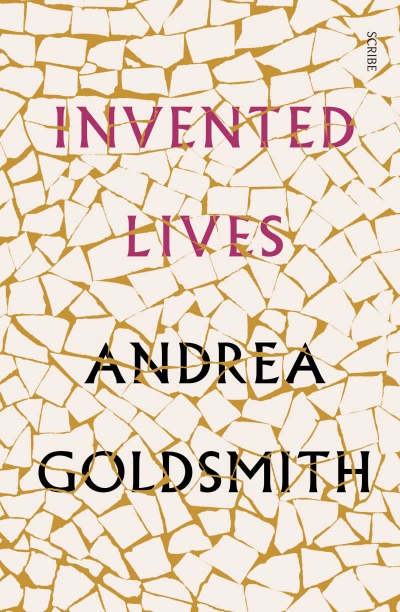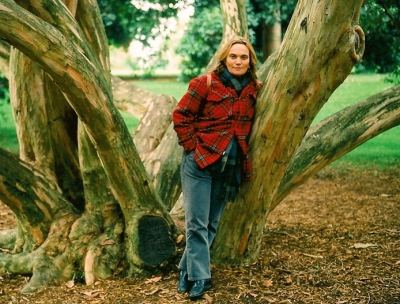Andrea Goldsmith
Sign up to Book of the Week and receive a new review to your inbox every Monday. Always free to read.
Recent:
Burning Questions: Essays and occasional pieces, 2004–2021 by Margaret Atwood
ABR asked a few colleagues and contributors to nominate some books that have beguiled them – might even speak to others – at this unusual time.
... (read more)I heard the Egypt story countless times, but then Dorothy Porter believed that if a story was worth telling, it warranted multiple retellings. In the late 1980s, before Dot and I met, she visited Egypt to gather material for her verse novel Akhenaten (1992). In Cairo, she joined a tour group taking in the major historical sights ...
... (read more)To celebrate the best books of 2018, Australian Book Review invited nearly forty contributors to nominate their favourite titles. Contributors include Michelle de Kretser
... (read more)Elements of Surprise: Our mental limits and the satisfactions of plot by Vera Tobin
I have always believed that, at a personal level, anything is possible, that if I desire to be a particular someone or do a particular something, I can. All my desires have been realistic: no hankerings for time travel or reinvention as a theoretical physicist, although both have enormous appeal. My desires have been possibilities ...
... (read more)

